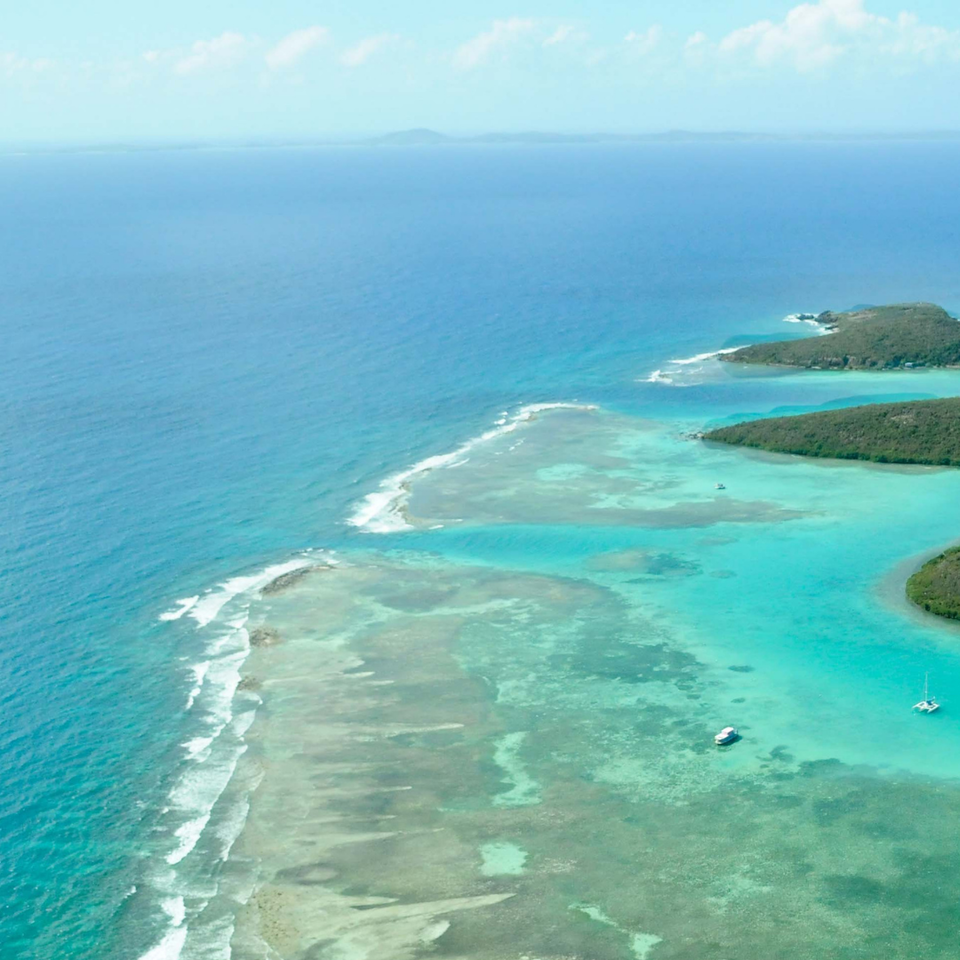By Jeremy P. Feakins

According to the 2016 U.S. Census, Puerto Rico’s population stands at 3.4 million, with nearly half living below the poverty line. The poverty level, as defined by the U.S. Department of Health and Human Services in 2017, was $20,420 a year for a family of three or $24,600 for a family of four. In contrast, the median household income in Puerto Rico is just over $19,000 per year.
In 2018, this represented a dire situation for any country, but the fact that Puerto Rico is a United States territory made it even more concerning. According to The New York Times, only 54 percent of Americans knew that Puerto Ricans were U.S. citizens, which helps explain why Puerto Rico often attracts less public or political attention than U.S. mainland states.
In 2024, Puerto Rico faces significant challenges, including high energy costs, unemployment, and infrastructure vulnerabilities. The island has some of the highest electricity rates in the U.S., second only to Hawaii, at about 22 cents per kilowatt-hour. With an outdated and fragile power grid recovering from Hurricane Maria in 2017 and Hurricane Fiona in 2022, energy resilience has become a top priority for the island.
Ocean Thermal Energy Conversion (OTEC) could help alleviate many of Puerto Rico's economic challenges by providing renewable energy from the sea. OTEC is a transformative technology that leverages the temperature difference between cold, deep ocean water and warm surface water to generate renewable energy without using fossil fuels. It offers several advantages over other electricity generation methods, including accessibility, predictability, affordability, and low emissions. One of the critical by-products of OTEC is the production of potable water, which can be used for drinking, agriculture, and economic development.
In recent years, Puerto Rico has made significant strides toward renewable energy, with the Puerto Rico Energy Public Policy Act (Act 17) setting a goal of 100% renewable energy by 2050. The U.S. Department of Energy’s PR100 study, launched in 2022, concluded that Puerto Rico could achieve this goal by transitioning to renewable resources but emphasized that significant system upgrades and investments are necessary. The study also highlighted the need for greater community involvement and equitable access to clean energy to ensure the transition benefits all residents.
Puerto Rico’s recovery from Hurricane Maria has been slow, with thousands still experiencing hardships. Hurricane Fiona in 2022 further damaged the island’s infrastructure, underlining the urgent need for energy solutions to withstand future natural disasters. With its potential to provide both clean energy and fresh water, OTEC could be a game-changer for the territory’s recovery and long-term resilience.
Ocean Thermal Energy Corporation (OTE Corp) has decades of experience designing and developing OTEC systems and has pioneered efforts to provide sustainable energy solutions globally. The corporation has been involved in research and development projects that use OTEC for energy production and desalinated water, particularly in tropical regions, where the temperature differences between ocean layers are ideal for this technology. OTE Corp engineers have successfully demonstrated the viability of OTEC systems through projects at the Natural Energy Laboratory of Hawaii, where multiple businesses use desalinated seawater brought to land via OTEC pipes.
By providing cost-competitive, unlimited renewable energy and fresh water, OTEC could encourage new businesses and opportunities for job creation, such as bottled water plants, fish farming operations, and agriculture projects. As Puerto Rico continues to rebuild and modernize its energy system, OTE Corp is well-positioned to play a critical role in reducing the island’s dependency on imported fossil fuels while fostering economic growth and energy independence.
For further information contact:
Jeremy P. Feakins
Chairman and Chief Executive Officer
3675 Market Street, Suite 200
Philadelphia, Pennsylvania 19104
+1 717-299-1344
© Jeremy P. Feakins. All Rights Reserved.